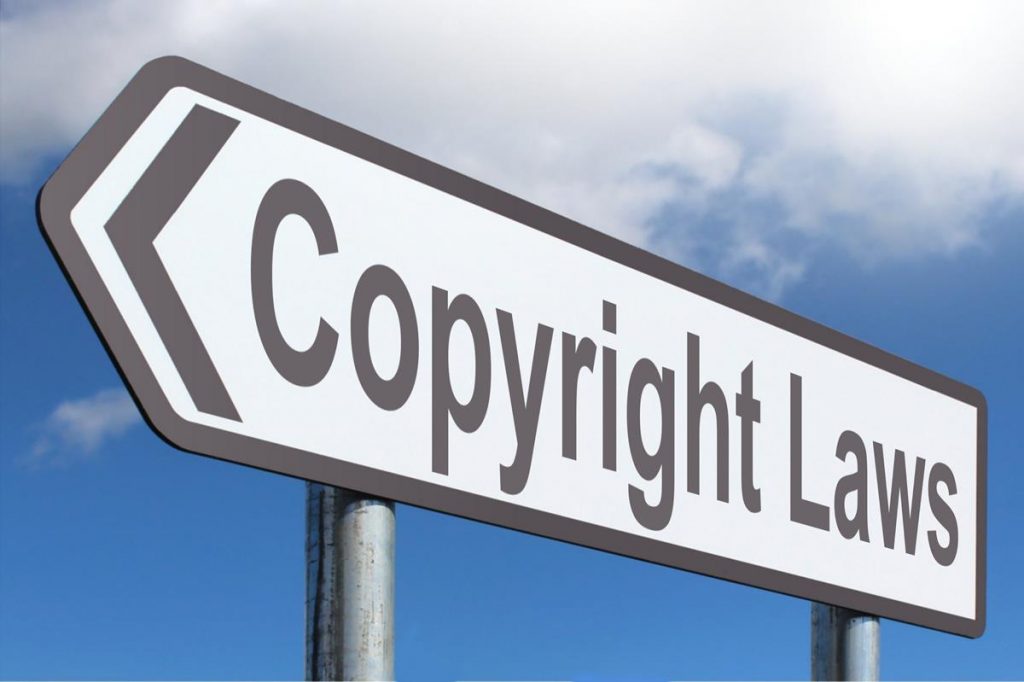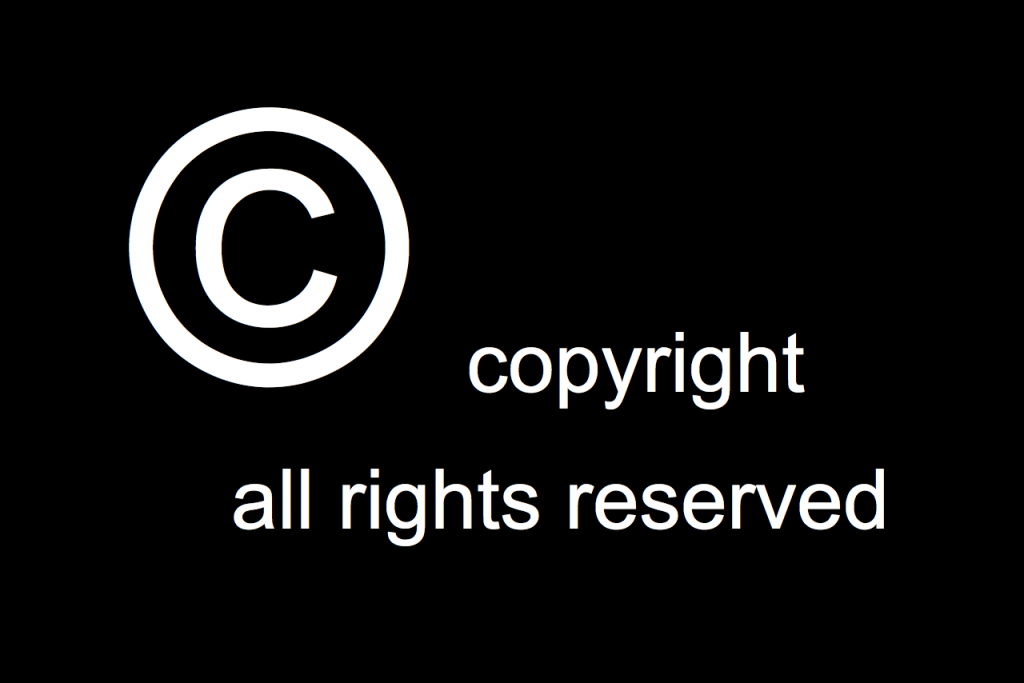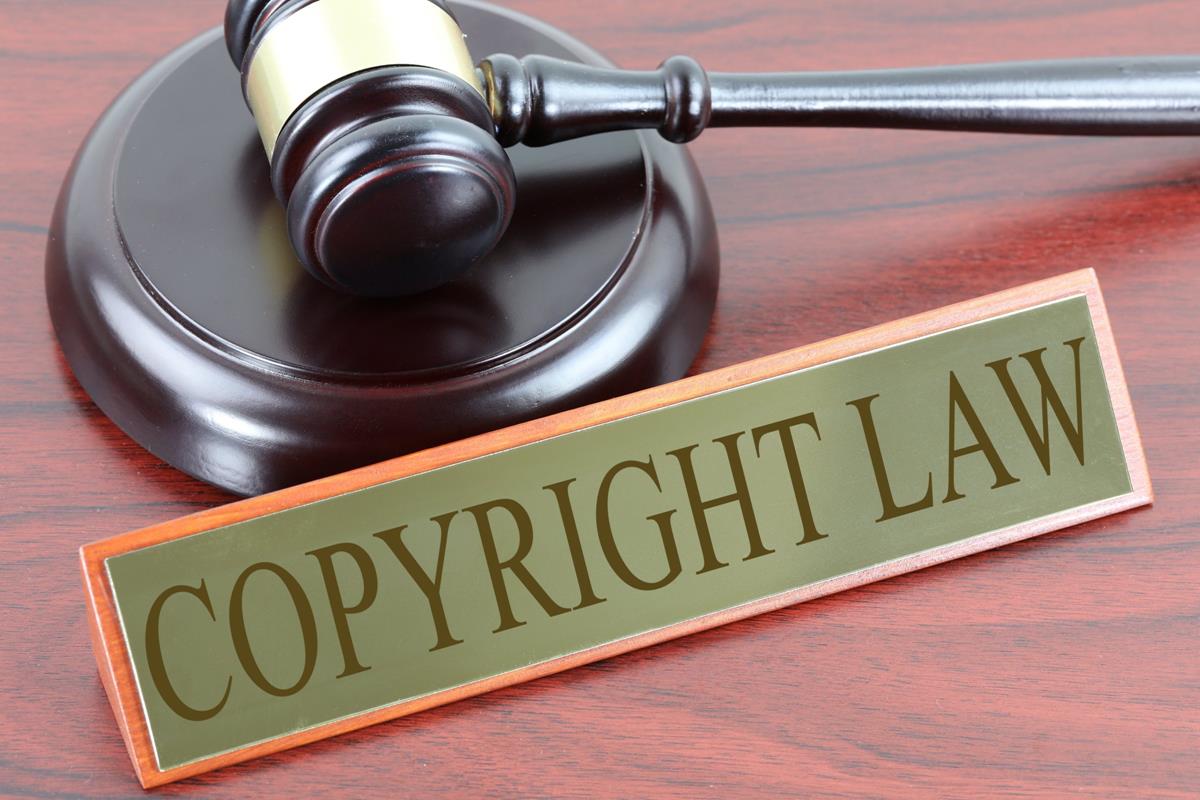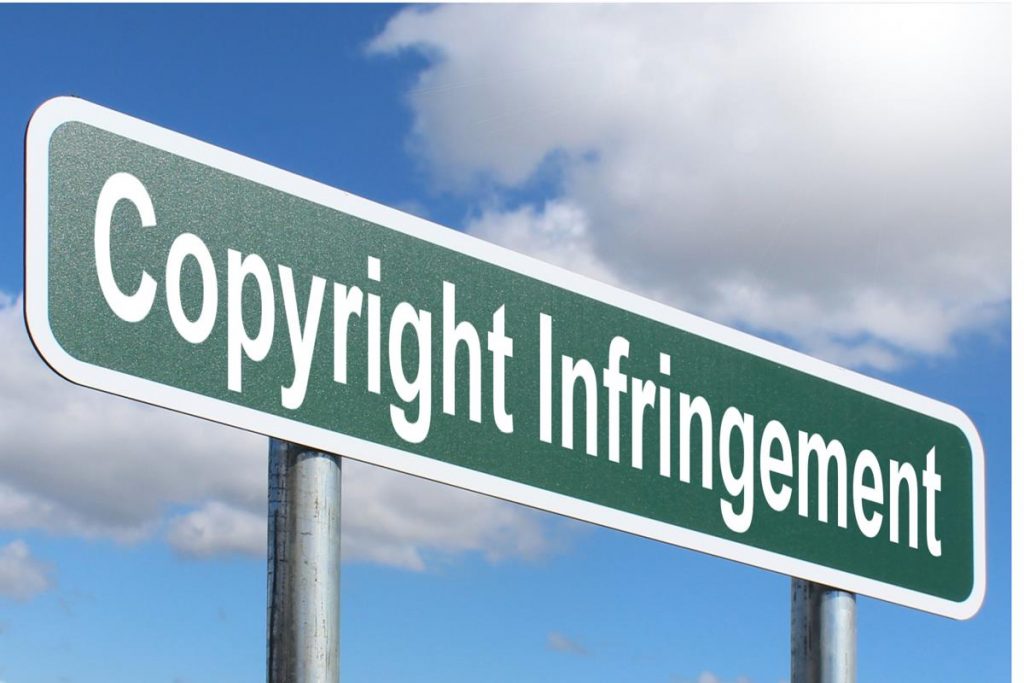Copyright is a form of intellectual property protection providing the owner with exclusive rights to a specific work for a limited time. A copyrightable work should be original and tangible such as literary and dramatic works, recording and composition of music, paintings, photography, and others. In the United States, music copyright law exists to help musicians, composers, producers, and recording artists to control how their works are recognized, paid, and used.

Why Register a Copyright Notice for Music?
Registering for a copyright notice at the US Copyright Office is not mandatory to obtain copyright protection for a musical work. In the US, copyright applies as soon as you complete a song and place it on mediums like sheet music, tape, hard drive, etc even if it’s unpublished. However, a copyright registration provides numerous benefits that one might not have if not registered. These include:
- Legally validating oneself as the owner of the copyrighted musical work.
- Legally fixing the creation date.
- Ability to file an infringement lawsuit against a copyright infringer.
- Ability to receive statutory damages and recover attorney’s fees.
A copyright notice consists of 3 elements:
- The copyright symbol ©, or the abbreviation ‘’Copr.’’ or the word ‘’Copyright.’’
- The first publication year of the work.
- The name of the owner of the copyrighted work or an abbreviation by which the owner can be recognized.

What Are the Forms of Music Copyright?
There are two distinctive types of music copyright:
- The composition- the music, either vocal or instrumental, and the lyrics.
- The sound recording- the recorded version of the music and lyrics.
According to the US Copyright Office, compositions and sound recordings are different from each other. Therefore, music artists should consider this difference and separately acquire copyright protection for both.
What Does Music Copyright Law Protect in the US?
A copyright owner is granted exclusive rights in their work for the following:
- The right to reproduce the work (mechanical reproduction of music for downloading, CDs, vinyl).
- The right to sell and distribute the work (streaming, copies, or make it publicly accessible).
- The right to perform the work in public venues.
- The right to modify the work in any context.
- The right to produce derivatives of the work.
- The right to authorize others to execute the above.
The Limitations of Copyright Protection in Music
Copyright only protects fixed, creative, and original works but not the facts or ideas behind the creation. Similarly, in music, copyright protects the song but not the ideas, facts, titles, slogans, or symbols in the song. In the US the copyright for an original musical work produced after 1978 lasts as long as the music artist is alive and 70 years more from the artist’s death.
The rights given on copyright law varies for each country. Nevertheless, they all exist to help people manage what others can do to their creation, how they get paid for their production. And who can and can’t exploit their work.


